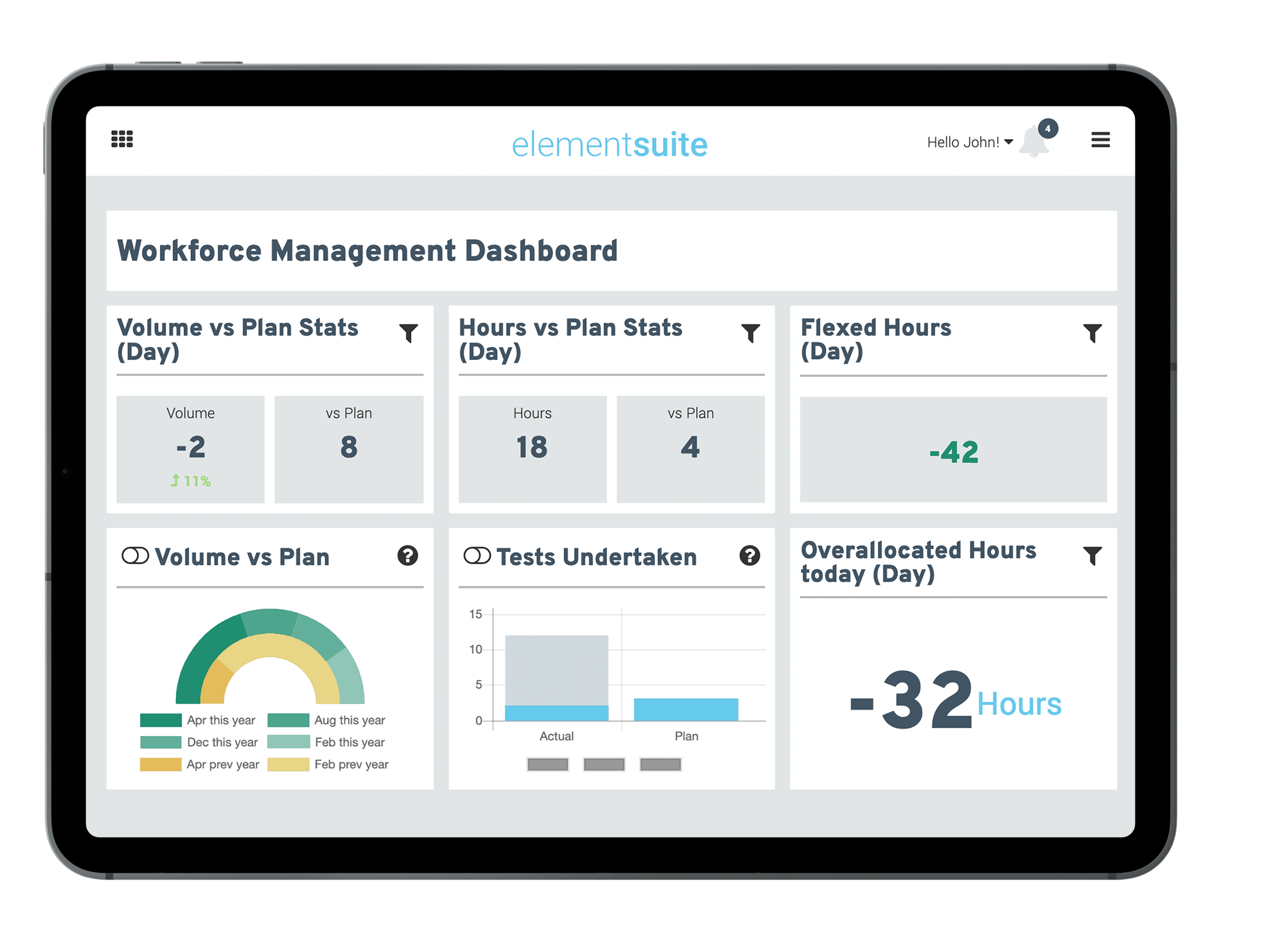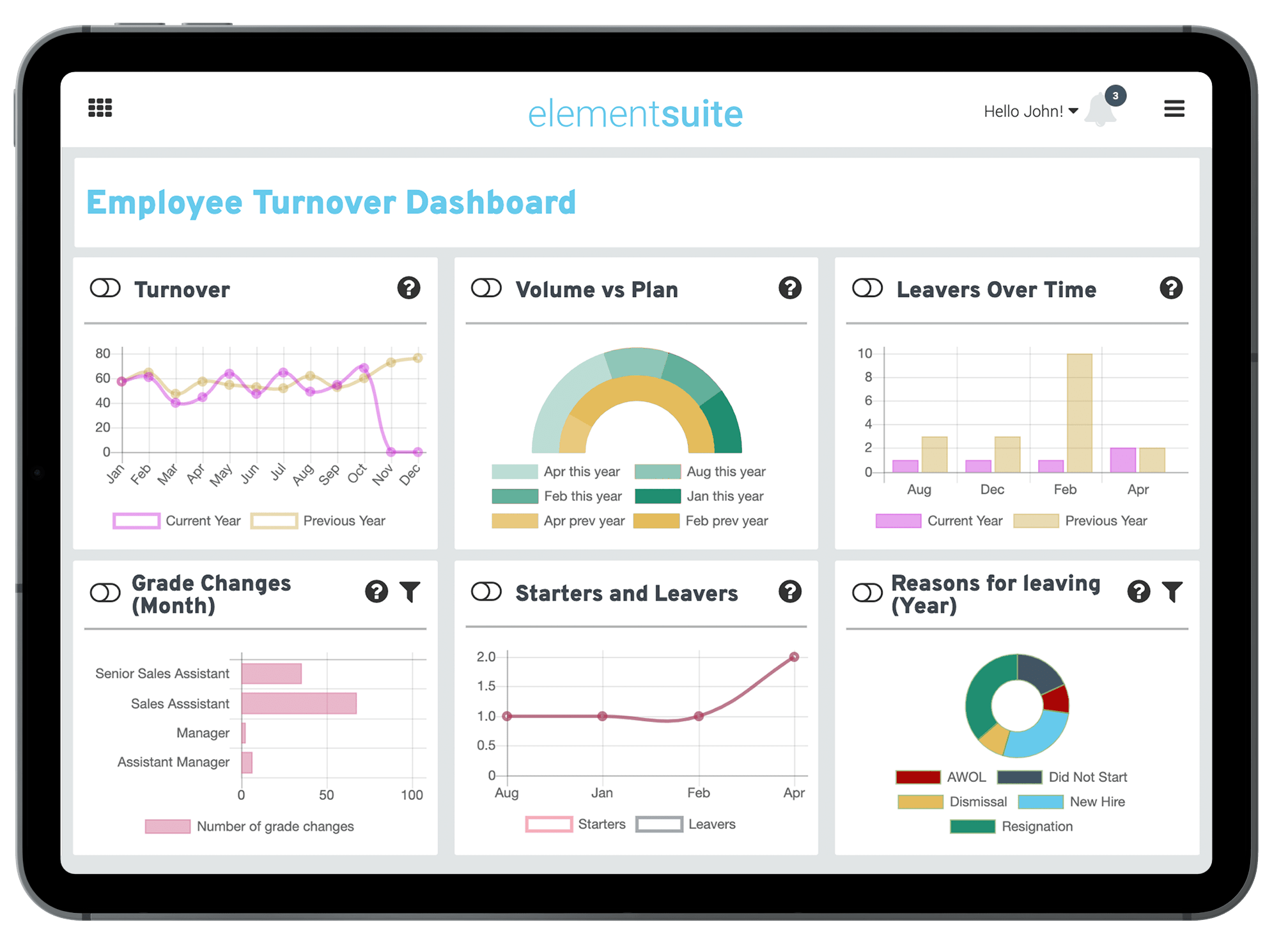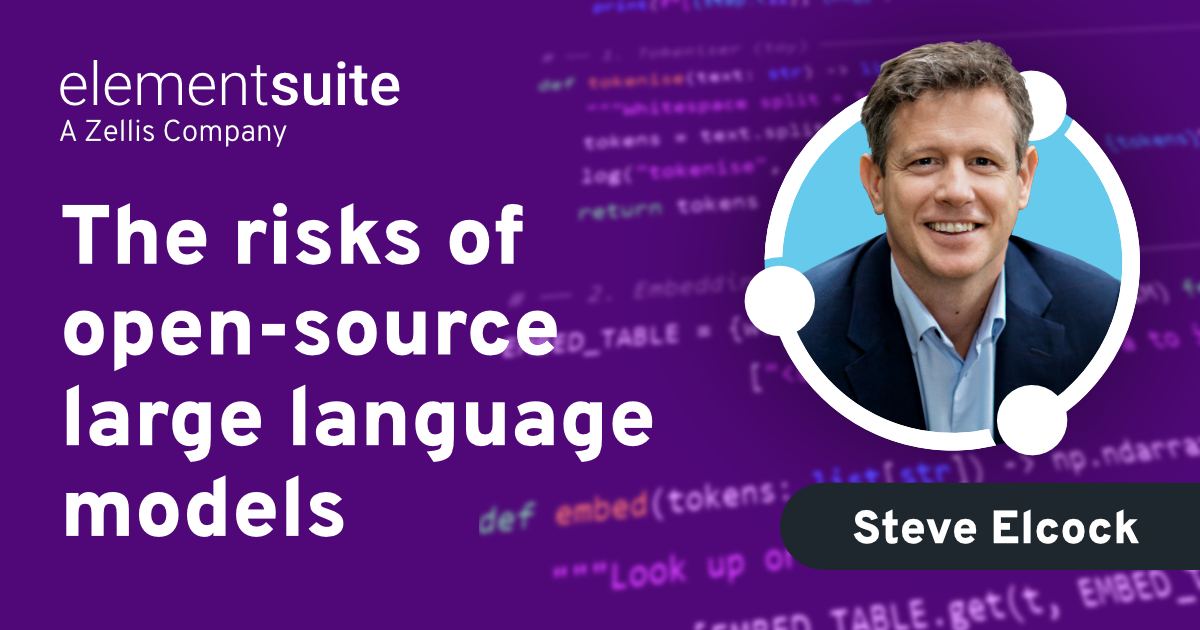For many of us, just the mention of the word data brings on a yawn or causes us to glaze over. So particularly for people-people, just like those fabulous people in HR, data has never been something to get excited about. Every kind of business needs data and analytics to help make better decisions for the future. Crucially, if you have easy access to great data that you can rely on, you can make smarter, data-driven decisions. The challenge for many HR teams is that getting reliable data, in a format that’s easy to use is tough. Sometimes its not knowing what you need. In a world of constant change and disruption, the demand for solid data is higher than ever.
According to Josh Bersin by Deloitte, organisations that use people analytics to support business decisions see 82% higher three-year average profits than their competitors.
Mckinsey research also shows that people analytics result in
- 80% increase in recruiting efficiency
- 25% rise in business productivity
- 50% decrease in attrition rates
Those are pretty compelling number to help you get excited about people analytics.
What are todays best HR analytics?
People analytics is all about gathering and analysing data about your people. The real magic (its not really magic), but the real value comes from what you do with that data, how you analyse and interrogate it and the insights you gain. People data is found in HR systems, processes and other departments as well as external sources.
Gathering the data that you trust can be tough, with disparate systems, remote data sitting in excel and locally with staff is part of the problem. However, when you’ve got the data you really can overcome some major challenges that will truly benefit your organisation.
| Problem | Benefits |
|---|---|
Recruitment process | |
| It’s challenging, time consuming and expensive. The process can be frustrating for employee and candidate. | Ability to validate and predict candidate success. Understand where time and effort will deliver the best results for the business. Save time and money throughout the process. Positive experience for all. |
Lack of understanding and visibility across the business | |
| HR teams and business decision makers cannot see and understand what’s going on around the business. Unable to see easily where there are staffing issues, training gaps, poor performance. Leaders relying too much on intuition and estimates, rather than facts. | HR analytics gives HR and decision makers a 360° view of the business enabling smarter, faster decisions based on facts rather than assumptions. Accurate visibility can be used to act faster and be proactive in terms of business needs as well as people. Decisions are data driven. |
Managing Costs and improving margins | |
| Lack of visibility on which areas of the business are performing well – not just outcomes. Lack of productivity data results in poor decisions around staffing levels, efficiency and productivity. | Able to priorities areas of the business which need attention, from staffing levels, efficiencies to knowledge gaps and training identification. Clear visibility enables decisions that will positively impact margins and efficiency. |
Staff attrition and churn rates | |
| It costs a lot to replace staff that leave. There is also a heavy cost burden of training and getting new staff to fully contributing members of staff. | HR analytics enables HR to understand which employees are most likely to leave, and take action to prevent this from happening. Closely monitor effectiveness of engagement, training and similar programs. |
Staff performance | |
| People are the largest cost to most businesses and they are notoriously difficult to manage. Measuring performance and contribution is inherently difficult in some business functions. | Quickly identify where to focus effort. Spot absenteeism trends, friction areas, poor performance by team, function or manager based on less tangible metrics. |
The power of HR analytics
Advanced analytics can dramatically improve the way organisations manage their people and their people strategy across the full employee life cycle. Powerful and reliable people analytics can dramatically improve the way businesses identify, attract, develop, train and retain talent. With more staff working remotely, identifying problem areas has become harder, which means analytics are more important than ever before. This also allows managers to make decisions based first on facts rather than first on instinct and intuition, helping managers and leaders improve their performance and their staff. Bring together the power of people and analytics.
Get excited about where you can leverage your people analytics
Here are some of the key analytics that will make a real difference to your business and contribute to productivity, efficiency and happier staff. We’ve focussed on the areas that we think you should get excited about. Areas that will enhance employee performance, and build sustainable competitive advantage by making evidence-based data-driven decisions.
1. Workforce Management

Workforce management is primarily about productivity, though not as many might think about short term cost savings and maximum output. It’s about creating a virtuous circle of productivity from happy staff you can train, retain and share the gain. People come to work primarily to earn money, so not only is your WFM data telling you about meeting customer needs but also your employee needs on the first steps to strong retention.
2. Hiring and onboarding
Although interviewing is a people process, data is a powerful addition in helping you make the right choices. It’s a competitive market place for talent, which is why data really does help in the decision-making process and will speed up a candidate’s journey to productivity.
Onboarding is a vital part of a new employee experience. Enabling staff to get a sense of belonging fast is key. So how does the data help here? Managed effectively, onboarding results in a faster learning curve for the employee and directly impact organisation productivity. People analytics can help by offering a tailored onboarding process. Pre-employment data can aid with skills gaps, configuration of onboarding process and ensuring all new staff have the same base line of information.
3. Staff engagement and motivation
This is going way beyond the annual staff engagement survey. Staff engagement is a key area of focus for many businesses adjust to new ways of working and more remote staff. Outside of the ‘traditional’ working environment employers need data to aid staff engagement. Analytics can help to measure employee interactions in a more dynamic and ongoing way of measuring engagement, like polls, pulse surveys, impressions, likes and more. Analytics will help you pinpoint key areas, teams and people that need attention rather than taking a rather blanket approach.
People analytics can help HR managers to focus on changing the day-to-day experiences that employees have at work and implement actions to enable a more positive, meaningful and productive workplace.
4. Training
People analytics will provide a deeper understanding about your workforce and their knowledge gaps and training requirements. Analytics are great way to match capability requirements of the business to individual employees. They will also help you understand the softer, emotional intelligence of the business. Training and development can be good for the business and the employee but needs to be evaluated and measured. Measure more accurately the results of workplace learning that goes beyond a feedback form.
Training outcomes data also feeds into engagement, staff satisfaction as well as efficiency and productivity. And retention too.
5. Retention
Traditionally, HR analytics have been rather descriptive which means that past employee data has been generally analysed to identify patterns in metrics such as turnover and retention. These patterns feed into future policies aimed at improving retention rates. Many businesses set a target or healthy level of staff turnover, but many struggle to hit their objective targets. Other data feeds into the predictive nature of retention analytics such as job attitudes and satisfaction. People analytics can help you connect the dots, identifying hidden connection between different measurements.

Make people data work harder for you
Today, organisation are embracing people analytics to gain a more holistic view of their business and employee needs. They are delivering deeper, actionable insights which enable faster decision making and preventative action on trends.
As leaders in business, we can stop having that one engagement with a mid-manager who ‘tells us how it is’ and then going away to find data to support that view. Nowadays we can get the data to tell us the story and go out to our teams to test the synopsis. From 80% intuition and 20% data to 80% insight and 20% intuition.
Done well, people data and analytics will optimise recruitment, streamline the onboarding experience, boost training and development, enhance employee engagement and motivation, and reduce staff attrition. This all adds up to a more engaged, happier workforce, as well as a more efficient business.







